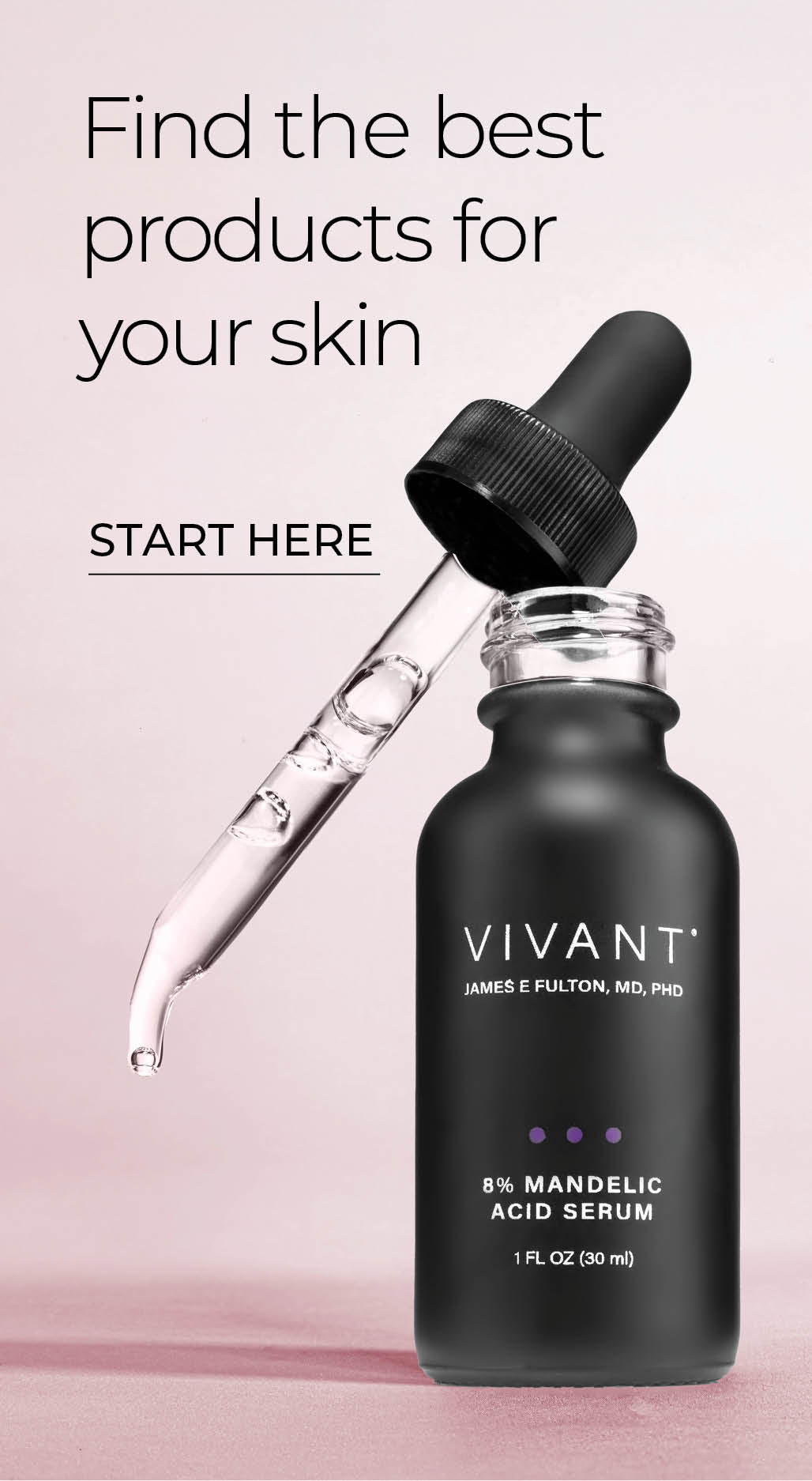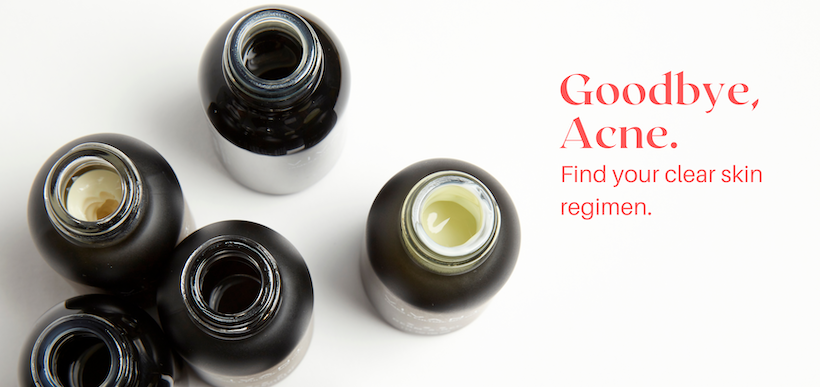Get to Know Skin Care’s Best Supporting Players

In every formulation, there are the stars and the supporting players. The stars may get all the attention, but they couldn’t do what they do without the rest of the cast. We thought it would be interesting to take a look at some of the ingredients we use in our formulations that don’t get much attention but are always there in the background delivering stellar performances. Let’s hear it for the hardworking, the under-appreciated, the steady stalwarts who get the job done even if they rarely get the spotlight.
Sodium PCA
The PCA stands for pyrrolidone carboxylic acid, which despite the sound of it, is a naturally occurring amino acid found in plants and human skin. Sodium PCA is part of the intracellular matrix that makes a strong skin barrier. Hydrophilic sodium PCA draws moisture into the skin, aids skin repair, keeps skin hydrated, and repels daily polluting aggressors such as smoke and UV rays.
Urea
Literally, protein waste. Urea is a metabolite produced by the body when protein is broken down. It’s excreted through sweat and urine. It may not sound appealing, but it is an essential element of the skin’s natural moisturizing factor. Urea draws and holds moisture into the skin and aids in the maintenance of the amino and polypeptide chains required for healthy skin structure. Along with its amazing hydrating ability, urea has antimicrobial properties, making it a potent contributor to an improved skin barrier function. It’s also a natural keratolytic that helps to regulate cell turnover, rid the skin of cellular debris, and aid permeability of other ingredients in skin care formulations.
Glycine
Glycine is a naturally occurring amino acid required for the synthesis of protein. It’s one of three amino acids that make up collagen’s triple-helix structure. In skin care, glycine aids in cell repair, protects against oxidative stress, and promotes suppleness and elasticity.
Glycerin
Though similar in name, glycerin is not related to glycine. Glycerin (aka glycerol or glycerine) is a liquid component of all natural fats (animal, human, or plant). It’s also produced synthetically. Glycine is a humectant, which means it draws moisture into the skin. This super hydrator’s greatest attribute is its ability to help maintain a soft, moisturized, healthy appearance in skin. Used topically in combination with other emollients and antioxidants, it has been shown to be very effective at restoring skin. It’s generally found in moisturizers, cleansers, and masks.


Comments